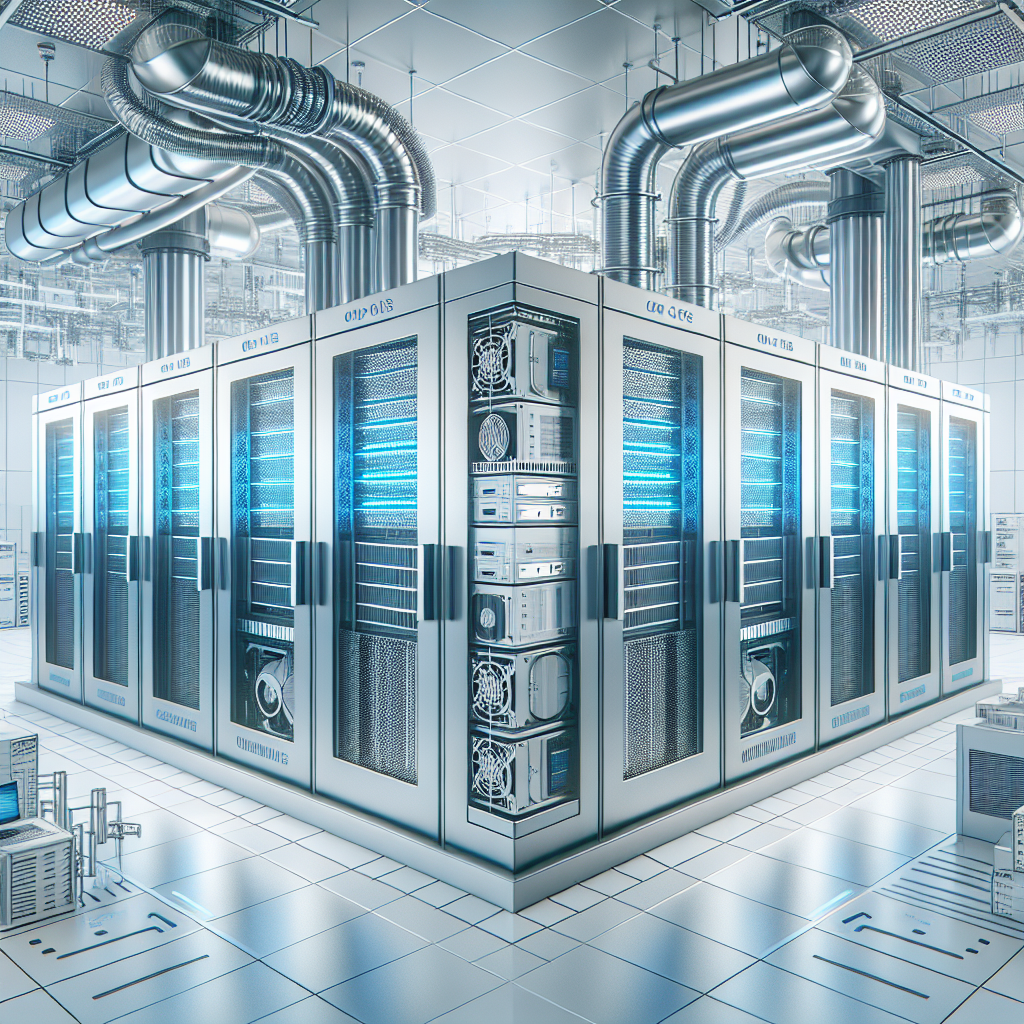Data centers are the backbone of today’s digital world, powering everything from online shopping to social media platforms. As the demand for data storage and processing continues to grow, so too does the need for efficient and reliable cooling systems to keep these centers running smoothly. HVAC technology plays a crucial role in maintaining the optimal temperature and humidity levels in data centers, ensuring that the servers and equipment housed within them operate at peak performance. In recent years, there have been several trends in data center HVAC technology that are shaping the way these facilities are cooled and managed.
One of the top trends in data center HVAC technology is the adoption of advanced cooling systems. Traditional air conditioning units are no longer sufficient to meet the cooling needs of modern data centers, which generate a significant amount of heat. As a result, data center operators are turning to more innovative cooling solutions, such as liquid cooling and direct chip cooling, to keep their equipment cool. These systems are not only more efficient at removing heat from the servers, but they also help to reduce energy consumption and lower operating costs.
Another trend in data center HVAC technology is the use of intelligent control systems. These systems leverage data analytics and machine learning algorithms to optimize the cooling performance of the data center. By monitoring factors such as temperature, humidity, and airflow, these systems can adjust cooling settings in real-time to ensure that the servers are operating within safe temperature ranges. This not only improves the efficiency of the cooling system but also helps to prevent equipment failures and downtime.
Furthermore, data center operators are increasingly looking towards sustainable HVAC solutions to reduce their environmental impact. Energy-efficient cooling systems, such as free cooling and evaporative cooling, are being implemented to reduce the carbon footprint of data centers. In addition, renewable energy sources, such as solar and wind power, are being integrated into HVAC systems to further reduce energy consumption and reliance on fossil fuels.
In conclusion, data center HVAC technology is constantly evolving to meet the growing demands of modern data centers. Advanced cooling systems, intelligent control systems, and sustainable HVAC solutions are just a few of the top trends that are shaping the future of data center cooling. By adopting these technologies, data center operators can improve the efficiency, reliability, and sustainability of their cooling systems, ensuring that their facilities remain at the forefront of the digital age.


Leave a Reply